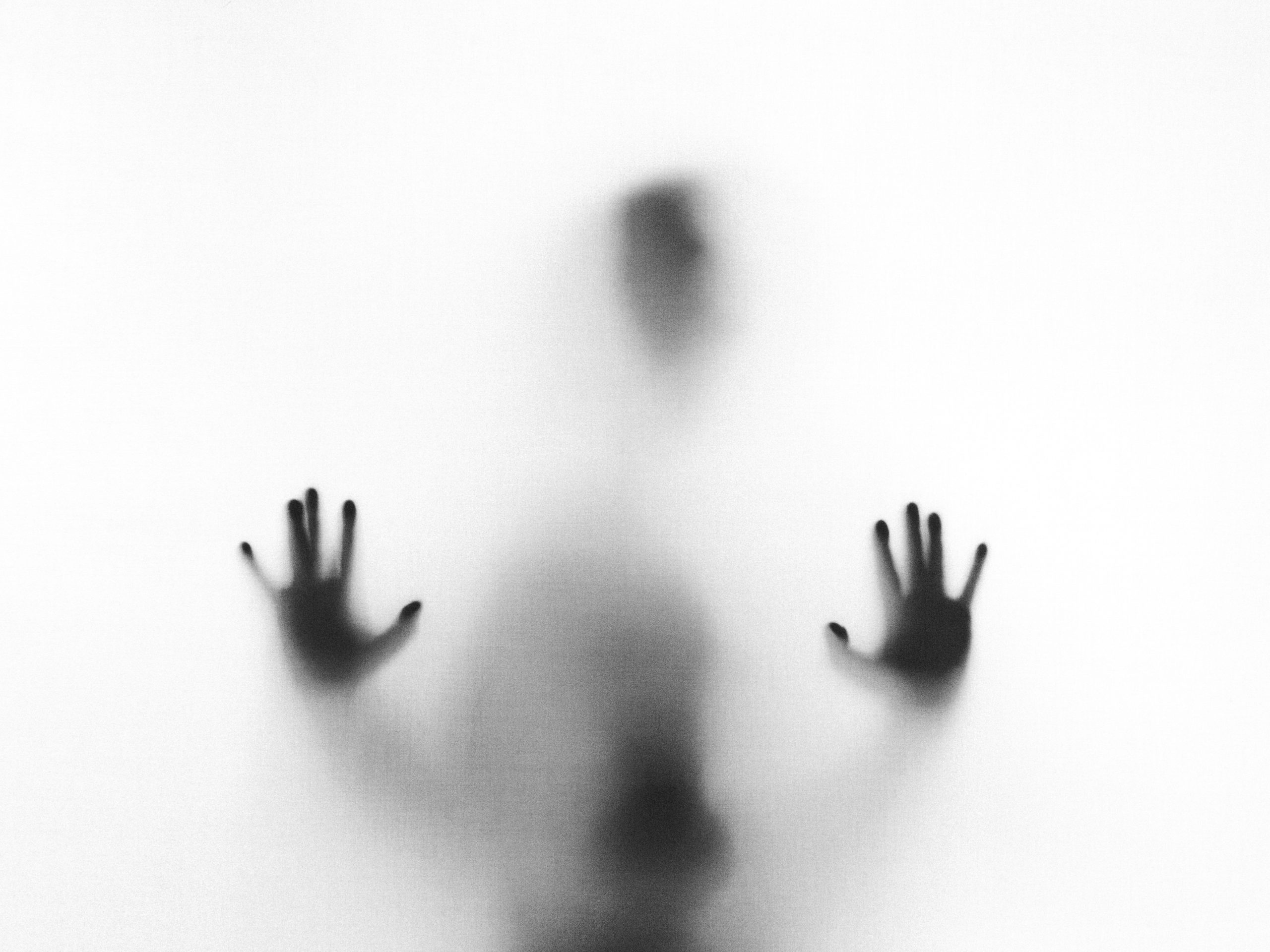I’ve always been an anxious person. Constantly worrying about what’s lurking in hiding few steps ahead, never being able to enjoy the moment. Even when I achieved success, I was filled with anxiety.
It wasn’t until I was regularly having anxiety attack until it became debilitating that I finally decided to do something about it. What I found to be surprising was that anxiety is one of the more treatable mental health issues but sadly, most people wait 5 or more years to seek help. (I probably waited close to 10 years).
Anxiety is painful to live with. It’s the constant fortune-telling, trying to foresee all the things that can go wrong in every situation. It’s the fear of screwing up. Trying to predict the future. It’s the feeling of never being at ease because your mind is constantly on high alert.
When I started Mindfulness Based Stress Reduction (MBSR), I was searching for a cure for the unbearable pain I was living with. Just like taking an Advil for a headache, I expected the symptom to disappear. After all, practicing sitting in silence everyday—there has to be some compelling reason for putting yourself through that.
After many years of practice, here is what I’ve learned about anxiety.
I’ll never be anxiety-free. What can change is my relationship to the anxiety. Instead of having my brain go into complete freak-out mode, I can catch the anxiety much earlier on. When there’s an anxiety-triggering event, I notice my stomach tightening/turning, heart racing, and other somatic experiences. At this point, I can start to panic and interpret the somatic experience as “anxiety,” or I can simply recognize it as a set of physical experiences and work on calming the body.
Practice. Practice. Practice. In addition to three MBSR courses, an MBSR Teacher Training Practicum, and CBT, I also took two public speaking classes. I joined Toast Masters. Yes, every step was excruciatingly painful. But as with everything, what you practice gets easier.
Anxiety is neither bad nor good. It’s just a physiological experience plus unhelpful, unproductive thought patterns. I was able to accept that this is my body’s natural reaction to a significant moment, and a signal I should pay attention.
Mindfulness — Key to Anxiety Management
When we sit quietly day after day, we see our thoughts and how they play out. We start to notice our mental patterns: when x happens, I always think y. For example, maybe when something goes wrong, you always worry it’s your fault; or maybe when someone praises you, you always feel like a fraud. Whatever our particular mental patterns, eventually we begin to see they are patterns, not the result of a reasoning process or a choice.
As we are able to see more and more of our thoughts as just reflexive thinking, we realize we don’t necessarily have to believe them. By taking our thoughts less seriously, we give ourselves more power to choose what to believe, rather than simply being at the mercy of whatever might pop into our minds at any given time. This shift in how we interact with our own thought process can have surprisingly broad-reaching consequences, giving us much more freedom of action in personal and professional settings.
As our meditation practice continues, more and more of our beliefs—perhaps even those that are very deeply held—reveal themselves to be based on reflexive thinking. We begin to hold all of our beliefs more lightly, approach the world from a more open stance, and even begin to take ourselves less seriously. For most people, this feels pretty wonderful!
There is a reason why classical meditation texts describe the goal of meditation as “liberation”—it is liberating to let go of the heaviness most of us carry around our sense of self. Eventually, we begin to see that our understanding of ourselves as alienated, fragile beings who are at the receiving end of life is mistaken. We see that, in fact, we are whole, we are fundamentally free, and we are deeply connected to each other and the world, and we see this understanding is the true source of happiness.
Bringing about this shift in understanding is, in our view, the true purpose of meditation and its highest goal.
If you are interested in a program specifically designed to help lawyers work with anxiety, check out the Mindful Pause program.

